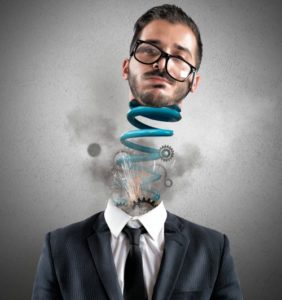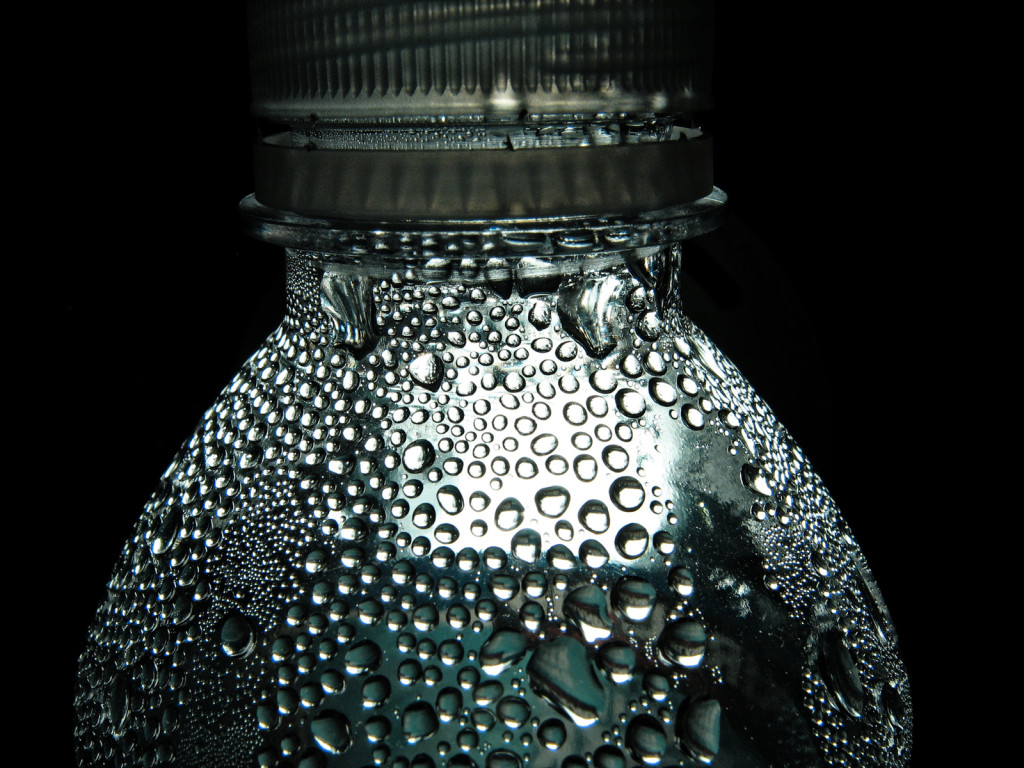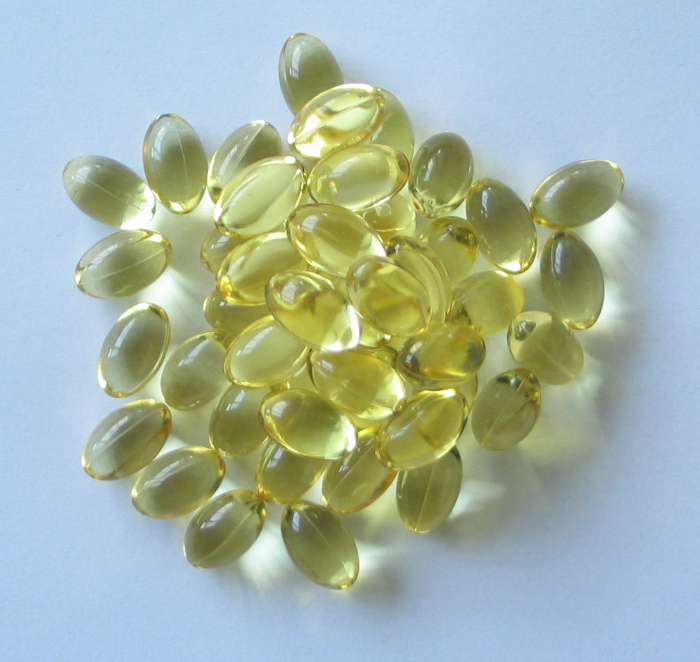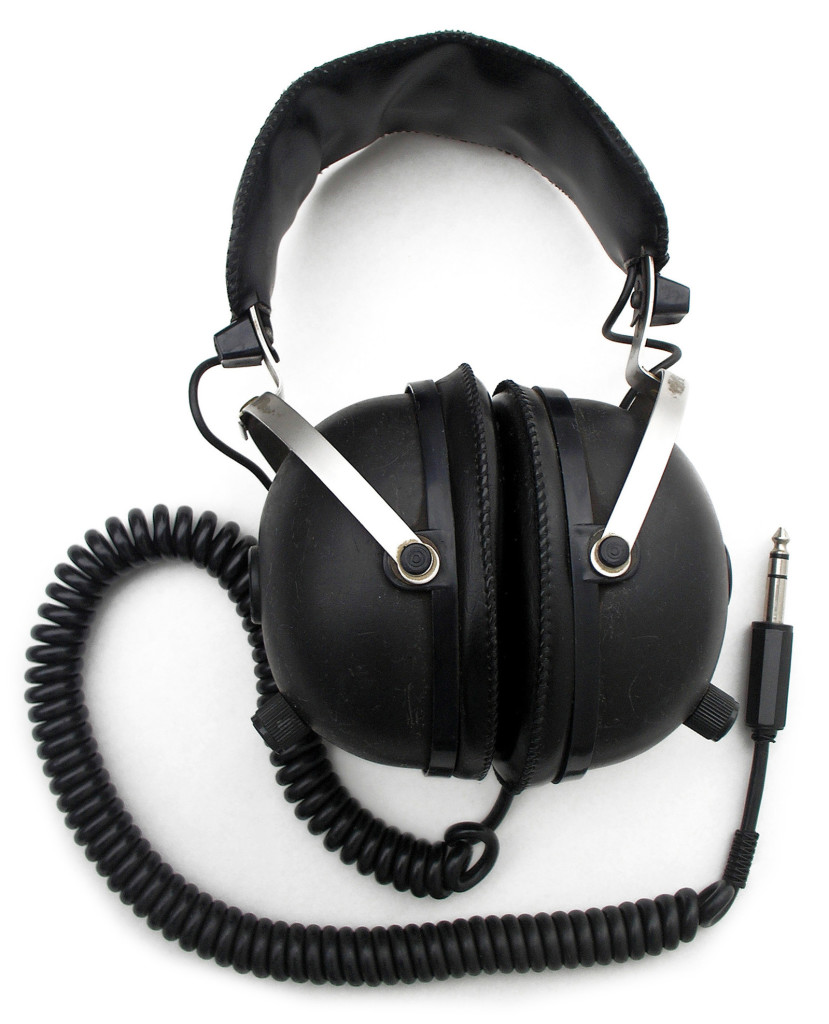5 Factors That Can Cause Stress
Stress can be very pervasive and many times you may not realize that something you do or consume can cause stress. Sometimes simple things can greatly increase or even exasperate the stress that you may already be feeling.
Are You Aggravating Your Stress?
When you find yourself dealing with stress or worst living with stress, the last thing you want to do is aggravate your stress any further. If you think you are contributing to your stress, you might be right, especially if you are impacted by any of the 5 stress factors that can cause stress.
5 Factors that Can Cause Stress
Caffeine
Technology
Dehydration
Vitamin Deficiencies
Noise
1. Caffeine is a Major Contributor to Stress
Caffeine is a key factor that can cause stress. Caffeine is a stimulant that is widely consumed in a variety of products. It can be in many foods you ingest throughout the day. It’s in countless beverages, including coffee, tea, sodas, and energy drinks, but can also be in processed foods and even candy. If you are on the high end of consumption it can derail efforts to relieve stress. Some of the negative side effects of caffeine are stress, irritability, anxiety, insomnia, racing heart, and even nausea. Researchers at Duke University Medical Center found that the effects of caffeine and stress are long-lasting and intensify stress.
James D. Lane, Ph.D. at Duke and lead author of the study said, “People haven’t really accepted the fact that there could be a health downside to caffeine consumption, but our evidence – and that of other studies – shows that this downside exists and people should be aware of it in order to make the best possible health choices.”
To become conscious of your daily intake of caffeine and focus on cutting back, especially on highly concentrated caffeine drinks like energy drinks. Dawn Jackson Blatner, R.D., author of The Flexitarian Diet, told HuffPost, “Full of caffeine and sugar, energy drinks and caffeinated colas are some of the worst foods for stress.”
2. Technology Can Cause Stress
Technology is useful and essential, but it is another factor that can cause stress. How you may ask? Just keeping up with the use of technology or electronics on a daily basis can be stressful, and constantly responding to technology can be very disruptive to sleep when used within two hours before trying to go to sleep. A study on sleep found that people who text, surf the web, or email before bed is very likely to experience insomnia. The National Sleep Foundation also found that 95% of Americans use some form of technology within the hour before going to bed.
David Cloud, CEO of the National Sleep Foundation said, “While these technologies are commonplace, it is clear that we have a lot more to learn about the appropriate use and design of this technology to complement good sleep habits.”
3. Dehydration is a Silent Stress Factor
A lack of water or dehydration can bring on headaches and stress. You can be dehydrated and not even realize it. Severe dehydration can cause fussiness, sleepiness, irritability, and confusion, and you may develop bags under your eyes which may symbolize your body is screaming for water. The composition of the human body is made up of two-thirds water. Dehydration can cause low urination and urine can become dark-colored. Some women can also develop bladder infections from a lack of hydration. Dehydration is very stressful on the mind and body.
It’s estimated that 75% of Americans are dehydrated. Dr. Fereydoon Batmanghelidj, an internationally renowned researcher and known as the ‘Water Doctor’ says, “Water is the basis of all life and that includes your body. Your muscles that move your body are 75% water; your blood that transport nutrients are 82% water; your lungs that provide your oxygen are 90% water; your brain that is the control center of your body is 76% water; even your bones are 25% water.”
Your body needs water to survive and thrive, so drink up daily, stay hydrated, and reduce stress.
4. Vitamin Deficiencies Stress the Body
Vitamin deficiencies can cause stress, depression, weaken the body, and leave you susceptible to illness. Some of the more common vitamin deficiencies are vitamin D, B12, magnesium, iron, and calcium.
For instance, a severe B12 deficiency can lead to some very serious health issues. A Harvard Health study found that a lack of B12 could lead to deep depression, memory loss, incontinence, and even a loss of taste and smell. And the National Institute of Health found that over a quarter of severely depressed mature women were deficient in B12. Michael Rosenbaum, M.D, a pioneer in nutritional medicine said, “The B vitamins came to be known as anti-stress nutrients because they are often the first deficiencies to develop during periods of stress.”
The repercussion of vitamin deficiencies can lead to much more than stress. According to Dr. Susan Blum, founder of the Blum Center for health says some of the clues of a B deficiency are tingling, prickling, and numbness in the hands, feet, or other areas of the body.
5. Noise is an Absolute Stress Factor
Our world is very noisy and the noise is stressful. Noise pollution can increase your stress levels and create tension. It can also increase your heart rate and raise your blood pressure.
Planes, trains, and automobiles are at the top of the noise pollution list. Dr. John M. Grohol, of Psycentral.com, said noise activates our stress hormones. There is no question that noise pollution takes its toll. The U.S. Environmental Protection Agency found that 70 decibels are safe for an average workday. Damage to your hearing can happen at 85 decibels. And a person will have trouble sleeping at 45 decibels.
Keep noise pollution on your radar, and do whatever you can to decrease the noise in your life.
Consider these 5 stress factors that can cause stress when you’re concerned about your stress levels. Each of them can really stress you out.
To Your Health!

















